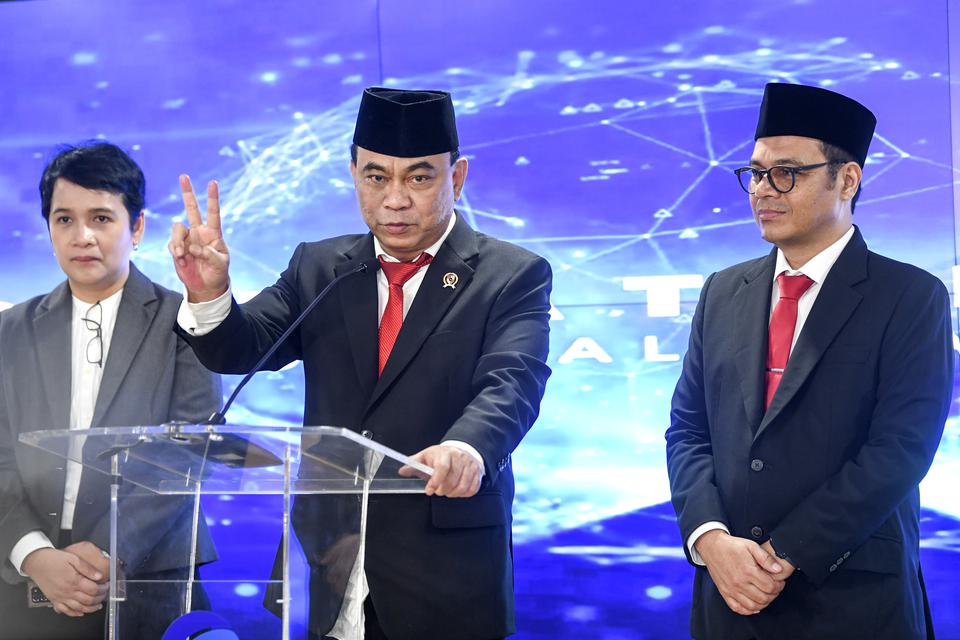This event is a collaboration between SBM ITB and the Association of Indonesian Faculty of Economics and Business (AFEBI), the Independent Accreditation Institute for Managerial Economics, Business and Accounting (LAMEMBA) and Association for the Advancement of Collegiate Schools of Business (AACSB).
Executive Vice President AACSB International, Geof Perry, said that AACSB is supported by LAMEMBA and AFEBI and SBM ITB to encourage collaboration, to improve the quality of higher education, particularly business schools.
“Currently, there are 4 AACSB-accredited business schools or faculties in Indonesia, including UGM, SBM ITB, Binus and UI. AACSB has three main objectives, firstly external validation to global standards, opening international connections (networks), frame to improve the quality of its business schools,” he said.
For your information, AACSB is the largest and most prestigious business school accrediting body in the world.
“Every business school has its own vision and mission as well as its own identity, the AACSB will not change that, will only focus on these three main goals. Then here for two days we will also explain to you how these business schools trade can share with each other regarding their quality,” he continued.
Plt. Academic Vice Dean of SBM ITB, Prof. Tjandra Anggraeni, Ph.D., believed that this meeting could become a space for discussion, not only between Indonesian universities, but also at the international level.
“So even though we already have a program, we already have standards, but over time there will definitely be changes, there are new things that need to be developed and that are under discussion. networking this,” he said.
“Second, because SBM ITB offers international courses, so… double degrees At the international level, SBM ITB of course requires the collaboration of foreign universities. When it is accredited, discussions and offers become more available, we can more easily sit with foreign universities, even those from abroad want to sit with SBM ITB, that is the impact. It’s clear,” he said.
Meanwhile, SBM ITB Professor Prof. Dr. Aurik Gustomo, ST, MT, discussed several benefits of universities receiving AACSB international accreditation.
“So AACSB, SBM ITB registered in 2014, 10 years after SBM was established. I think in Indonesia, not many people have confidence, when it was founded 10 years ago, and then registered for accreditation with one of the included international accreditations. in the category “Triple Crown”, one of which is the AACSB. Why does it only take 10 years before we have the confidence to register? “Because we want to accelerate and get directions to make improvements to the existing apprenticeship system at SBM ITB,” he said.
He also said that SBM ITB must embark on a mission to become a professional company with a foundation technopreneurshipwhich is also consistent with AACSB guidance.
“It is the direction of the AACSB that we follow the existing standards. In standard 9, the goal is for us to be within the 17 elements of sustainable development goals. AACSB is silent impact to students, but also impact has Company“How can we impact society, and the benefits are sustainable and measurable,” he said.
He hopes that in the future, business schools can bring even more benefits to society. Including reducing poverty and increasing opportunities for MSMEs in the areas under his leadership.
“I think it’s an addition, so in principle by joining AACSB we are accelerating the quality of learning at SBM ITB,” he said.

“Travel nerd. Social media evangelist. Zombie junkie. Total creator. Avid webaholic. Friend of animals everywhere. Future teen idol.”






